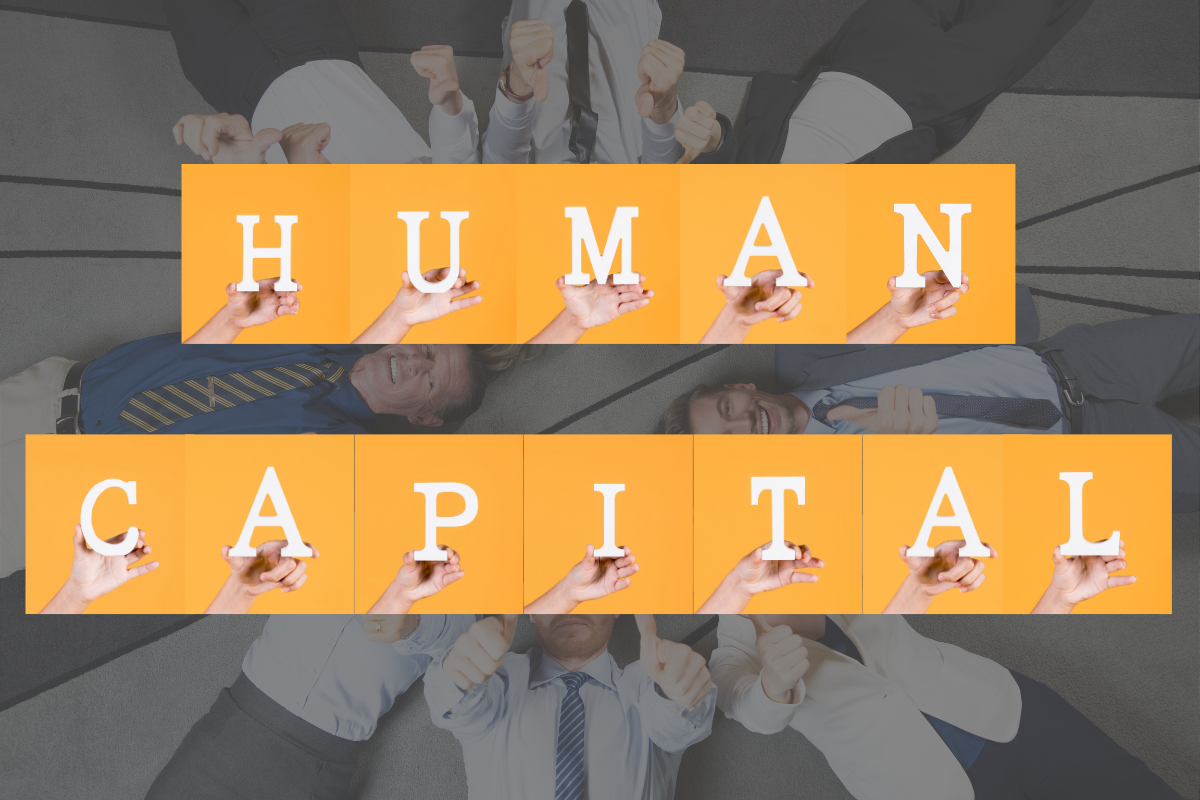A bright and healthy future for the Indian economy is on the horizon. One of the major factors aiding economic growth is the digitization and automation of the workforce. Human capital implies the economic value of the human skills in the workplace that influence productivity. As the income of the Indians is largely disproportionate, manpower planning for human capital development is extremely essential in order to develop various sectors of the economy. Skills or qualities of labor include higher education, technical training, health and also ethical values such as punctuality. Having these qualities aids in improving the abilities of the labor force. The end result is greater output for the economy and thereby higher income for the individual.
The government of India has realized the importance of human capital. At present only 7.5% of the government’s total expenditure is spent on the social sector (primary health and education). It is difficult to ensure equal provision in health and education to the huge Indian population due to the income disparity.
You might also be interested to read: Importance of Strategic Human Capital Plan
Investment on human capital development
Research has revealed that governments in major countries around the globe concentrate on the investment in Human capital. Reports from UNESCO reveals 35% of the illiterate population across the globe reside in India. Many human capital development strategies are being rolled out by the government. Although emphasis is being put on education, the concern remains that they are insufficiently equipped to be absorbed in the workforce.
Observing and acknowledging the immediate changes needed, several schemes have been announced by the government. One of the human capital development schemes under the education sector is the Samagra Shiksha scheme which was introduced last year. As per MSDE (Ministry of Skill Development and Entrepreneurship), around a crore of youth are being trained every year under various schemes.
Support of states a must
The state incurs about 80 per cent of the combined government expenditure on human capital.
According to an RBI report, the social sector expenses have risen to 6.6 per cent of GDP in the last ten years as to 5.4 per cent in the 2000-2010. As a result, there is a great imbalance in the social sector expenditure within the states. This in turn pressurizes the state government to gear up for further investment in the social sector, which in turn will percolate down to the development of human capital.
Statistically, about 44% of India’s huge population comprises the younger generation below 24 years of age who need to be trained adequately for their own benefit and for the benefit of the country. Technological advancements like learning machinery and robotics have led to the reimagining of Human Capital. This automation of work has freed up workforce thus giving them the chance to enhance their skills and help bring more to the table.
You might also be interested to read: Human Resource Consulting Is The Go-to Weapon To Smooth Out Ruffled Corporate Feathers – An Outline For The Way Forward In Handling Dissent
References:
- “Why we must invest more in human capital” by Rana Kapoor on June 06, 2017 for The Hindu
- “India needs to bolster investment in human capital” by Rajani Sinha on May 01, 2019
Related Topics:






